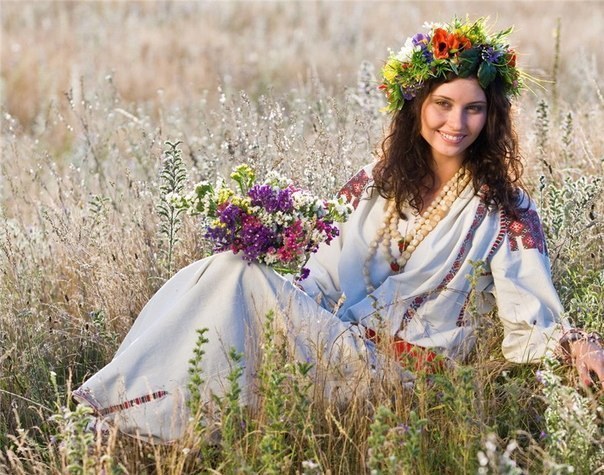The feast of the goddess Vesta
According to tradition, Vesta was the youngest sister of the goddess Madder, which brings the land of winter and rest. The ancient Slavs believed that on the day of the vernal equinox winter finally retreats, nature awakens, birds return from warm countries. It was a real celebration when every house was baked pancakes, pancakes with sun symbols and figures from the test in the form of a lark.
Vesta – know word, which is approved by the gods. The Slavs existed the institution of a female priesthood. Literally all the girls before marriage were trained and became vest – "lestnitsami the" will of the gods.
On the day of the meeting of the goddess Vesta usually disclosed the names of the girls, ready for family life. On the day of the vernal equinox, it was customary to congratulate and give gifts to women. It was a real women's day, which was celebrated with an incredible scale. All women felt like goddesses.
On the second day, it was decided to escort the goddess Madder — matron of Vesta. This day took place the ceremony of burning of a straw doll that symbolized a snowy winter. The ashes were then scattered over the field or garden to fall to the rich harvest.
On the day of the vernal equinox madder and Vesta meet. Older sister goes away to give way to the younger. The day becomes longer than night, and nature is beginning its revival. How burnt the effigy of winter, guessed, what will be the upcoming spring.
The feast of the goddess Vesta was taken to get rid of all the old, thrown out of the house unnecessary things, and concealed resentment and anger in your heart to forget forever.
In addition, the goddess Vesta symbolized the wisdom of the higher gods, but also the positive and good news. A representative of the Slavic race expected to receive an important message from their ancestors and guidance from heavenly patrons. The word "news", if translated literally means the idea, extracted from Vesta.
Vesta and bride
Ancient Slavs called message adult woman who already has a family and children. She possessed sufficient knowledge and skills to care for their loved ones.
The unmarried girls are called brides. They have not acquired enough worldly wisdom and have not known family life. The bride before marriage to learn many things: to cook, to care for the baby, to maintain cleanliness in the house. She has yet to become a homemaker, to be a real message.
Married, the girl was innocent and fresh, but already possessed all the necessary knowledge for future life. She, like the goddess Vesta, ready to give the world a new, clean and healthy offspring.
